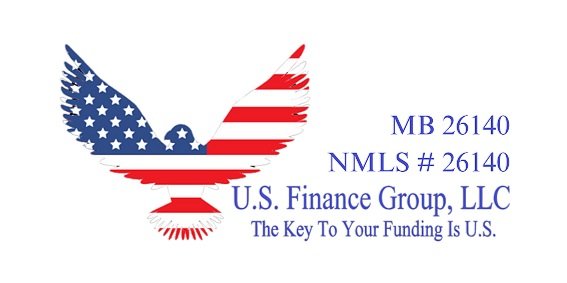
HELOC Loans
HELOCs or Home Equity Lines of Credit are a type of secured credit, with the security being your house. That means if you don’t pay the lender back they’re well within their rights to seize or put a lean against your house. When you qualify for the loan you’ll be given a maximum amount you can borrow, as well as what’s called a draw period. The draw period is simply the amount of time you’ll have the option to draw money from the line of credit. Usually the period is five to ten years.
How do I pay it back?
A HELOC works much the same as a regular line of credit in terms of payments. There are no set payments like there is with a mortgage. Each month you can pay as much or as little as you want, so long as it is larger than the minimum payment, which is usually the interest for that month. This gives you the ability to pay the loan off earlier and save interest, or take longer if you need to.
Something to note is that any principal you pay down during the draw period increases the amount of money you can borrow, just like a regular line of credit.
When do I start making payments?
There are two different types of HELOCs when it comes to payment. In the first type, during the draw period you can only pay the interest. This keeps payments much lower. But, because your principal doesn’t reduce for the years of the draw period, you end up paying far more overall.
The second type is where you can start making principal payments as soon as you want. Of course as the principal reduces you pay less interest, meaning you’ll pay less overall. This is the option that should generally be chosen, and most of the time you can choose to only pay the interest if you want.
What kinds of fees are there?
Beyond the interest, there are often several other fees that HELOCs have.
The application fee. This is a fee that is initially charged to process the application. It is generally refunded if you choose to move forward with the HELOC though.
There is also sometimes an appraisal fee charged to have your home appraised. This isn’t always charged but is usually around $300 when it is.
You’ll also have to pay the closing costs up front. The average cost is around 2 - 5% of the loan and sometimes covers the appraisal and application fee. It’s entirely possible to negotiate this fee down, so don’t just take the first number they give you.
There are also ongoing fees that may come up.
Usually, there’s an annual fee of $50 to $100.
There’s also potentially fees for early termination, every time you withdraw money and some even have a fee if you don’t withdraw money every year in the draw period (this one is relatively uncommon).
Who should get a HELOC?
HELOCs are a great idea for pretty much everything. Their versatility and relatively low interest rates make them great in a lot of situations. Many people will use them, or a very similar home equity loan, to pay off other debts. They can also be a great option for investing. Many people will use them to purchase a second home. Or, even put the money into a secure long-term investment like an indexed mutual fund or ETF. Because these types of investments have an average return higher than that of the interest on the HELOC you’ll end up making money in the long run. If you’re going to do this though it’s very important to only put the money into a secure investment, or only take out an amount you can afford to lose, as it’s your house on the line.
Disadvantages of a HELOC
There are of course a few disadvantages of HELOCs.
Just like with mortgages, there are generally fixed and variable rates. If you opt for the variable rate your rate will change over time. This can make it hard to plan for making payments.
The second disadvantage is actually one of the advantages, the flexibility. Yes, being able to access very large amounts of money on a whim is good for some. Maybe even most people. But, you have to have good financial discipline. Because, if you don’t, you can end up up the creek really fast. And if you do it’s your house on the line. So, if your someone who tends to have problems with money it might be a good idea to look at other options.
